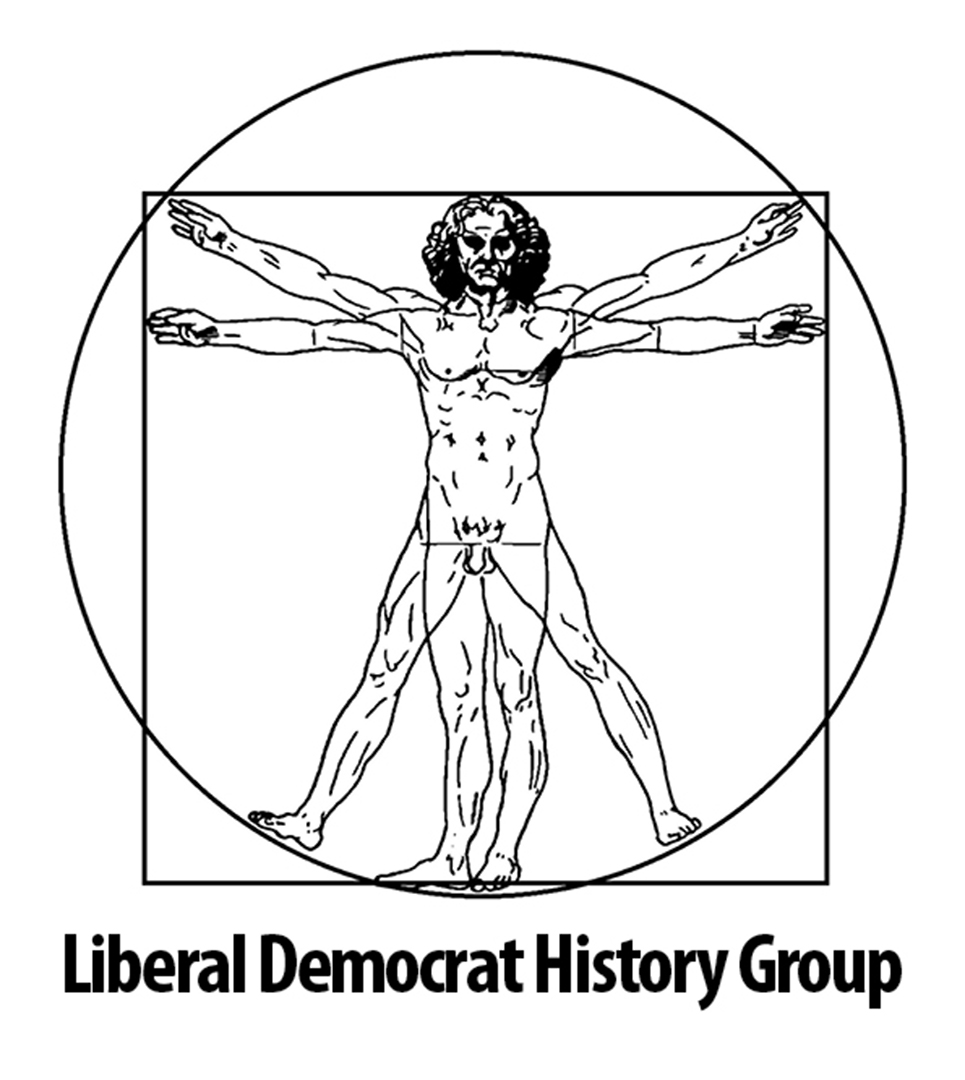During the previous months, the Alliance’s defence policy had come under increasing attack from the strong unilateralist element within the Liberal Party. Pacifists within the party felt that their leader, David Steel, was unduly accepting the nuclear defence measures favoured by his SDP partner, David Owen, including proposals for a controversial European nuclear deterrent.
At the September conference, in Eastbourne, the Liberal defence spokesman, Jim Wallace, opened the defence debate by moving a motion that defended the leadership line. An amendment proposed by the Liberal activist, Michael Meadowcroft, explicitly rejected the option of developing a European nuclear defence capability and stressed that decisions over major policy developments should continue to rest with the majority feeling of the Liberal assembly. Bermondsey MP, Simon Hughes received a standing ovation in seconding the amendment and declaring that the nation’s children must have the hope of a non-nuclear world to inherit and in a heated atmosphere, the amendment was passed by 652 votes to 625.
On the 19th October, David Steel convened a key meeting at his Ettrick Bridge home in order to formulate a new policy that would be acceptable to all sides. At their December meeting in Bristol, the Liberal Council agreed to a compromise that committed the party to the principle of maintaining a minimum nuclear deterrent if necessary, but which abandoned Owen’s calls for the development of a specific Eurobomb. The policy also pledged the party to give a higher priority to international disarmament negotiations, scrap Trident and withdraw support for President Reagan’s Star Wars programme.
Although the Alliance were ready to re-launch their defence policy by the New Year, the episode damaged the public standing of the Alliance by highlighting divisions between the two elements on a key policy matter. It suffered in the opinion polls as a result, polling its lowest position for two years, in the period immediately following the debate.

